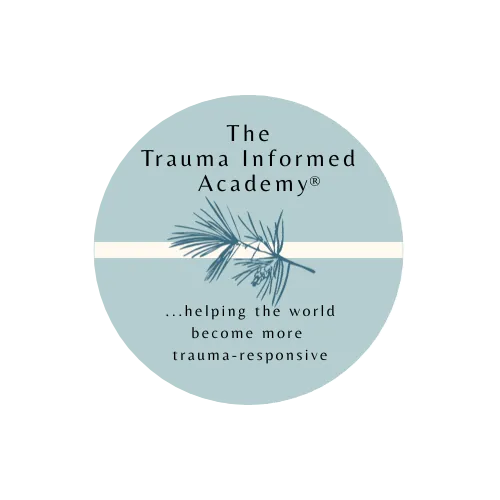

The Courage to Change: F-699’s gift
It takes courage to shift from compliance to culture change. But the reward is extraordinary: a long-term care setting where healing is mutual, where dignity is restored in both giving and receiving care, and where the impact of overwhelming experiences is not a taboo, but a thread we learn to weave into something stronger—together.
It’s all about relationships. In facilities where the culture actively values staff from the bottom up with fair pay, opportunities for development, and consideration and equitable treatment--no matter what their job titles, education, or anything else--people thrive. When leadership treats staff as “less than,” guess how staff treat the residents? It harms everyone.
F-699 was a start. But now it’s time to go deeper. To remember that every person in the building is worthy of healing. And that the power to reduce trauma lies not in paperwork—but in relationships.
Relational skills require self-awareness, self-regulation, social awareness, social skills, empathy, and decision making. These Emotional Intelligence skills, when developed through the trauma-responsive lens of “how did what happened to you change you?” are powerful. As the skills developed through TR-EQ, they help build the courage needed for change.



Email our Admin:
©Copyright 2025 EPower & Associates, Inc. All Rights Reserved.
Privacy Policy | Terms of Use
Featured On...


